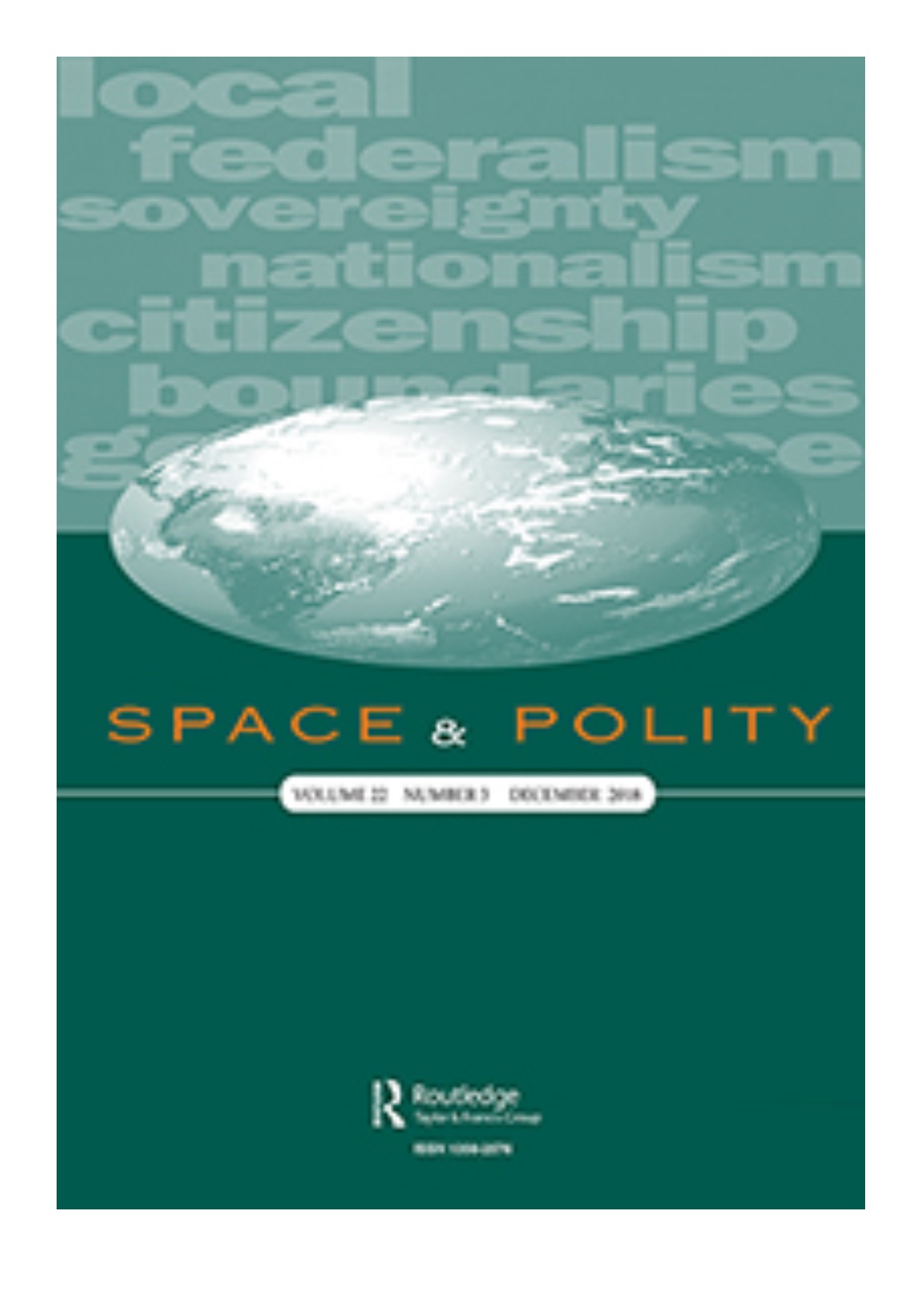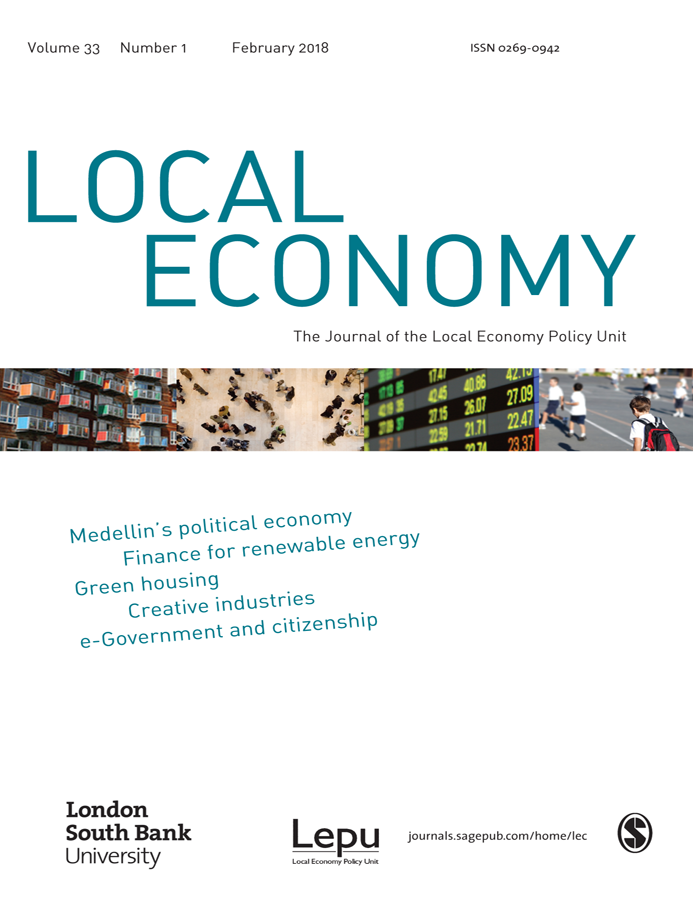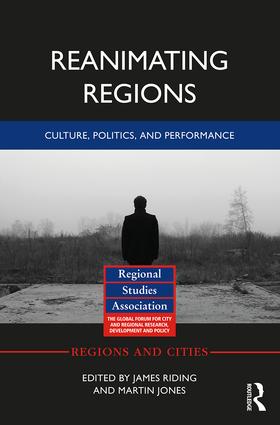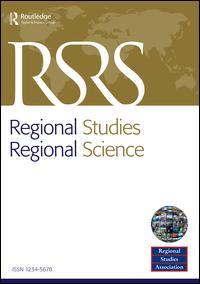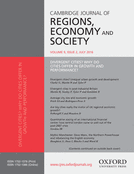Mae'r cynnwys hwn ar gael yn Saesneg yn unig.
Overview
This project will utilise a series of interviews and document-based analysis to explore the notion of stakeholder involvement in Local Employment Partnerships (LEPs), Enterprise Zones (EZs), City Deals and City Regions. Fieldwork will take place in four city regions, two within Wales and two within England.
100 semi-structured interviews will be carried out. Two case study locations will be selected in Wales, building on WISERD Phase 1 and the localities research programme. It is proposed that the Cardiff and Swansea city region are analysed together and that North East Wales is used to give a geographical comparison. Two case study locations will be selected in England—Sheffield in South Yorkshire and Greater Manchester.
Stage one involves desk-based analysis of national and local documentation on the New Localism, and Local Enterprise Partnerships, City Deals, Enterprise Zones and City Regions specifically. Stage two will deploy four case study locations to look at the new localism in action. In all four case study sites, around 25 semi-structured interviews will be undertaken with stakeholders to address the seven research questions. Stage three involves analysis and triangulation, connecting to the academic and policy debates on the new localism and new localities.
Research Questions
- What policy, strategy, and institutional changes have taken place, and are currently taking place, in the landscape of economic development since 2010 in England and Wales?
- What are the connections between LEPs, EZs, City Deals, and City Regions?
- What are the narratives of devolution and community engagement in the LEPs, EZs, City Deals and City Regions?
- How are these being worked into policies and procedures for stakeholder engagement?
- Who is involved in the new localism?
- What are the compositions of LEP, EZ, City Deal and City Region boards, and their sub-groups and other structures of engagement?
- How successful is the new localism in realising its objectives of economic and social empowerment?





